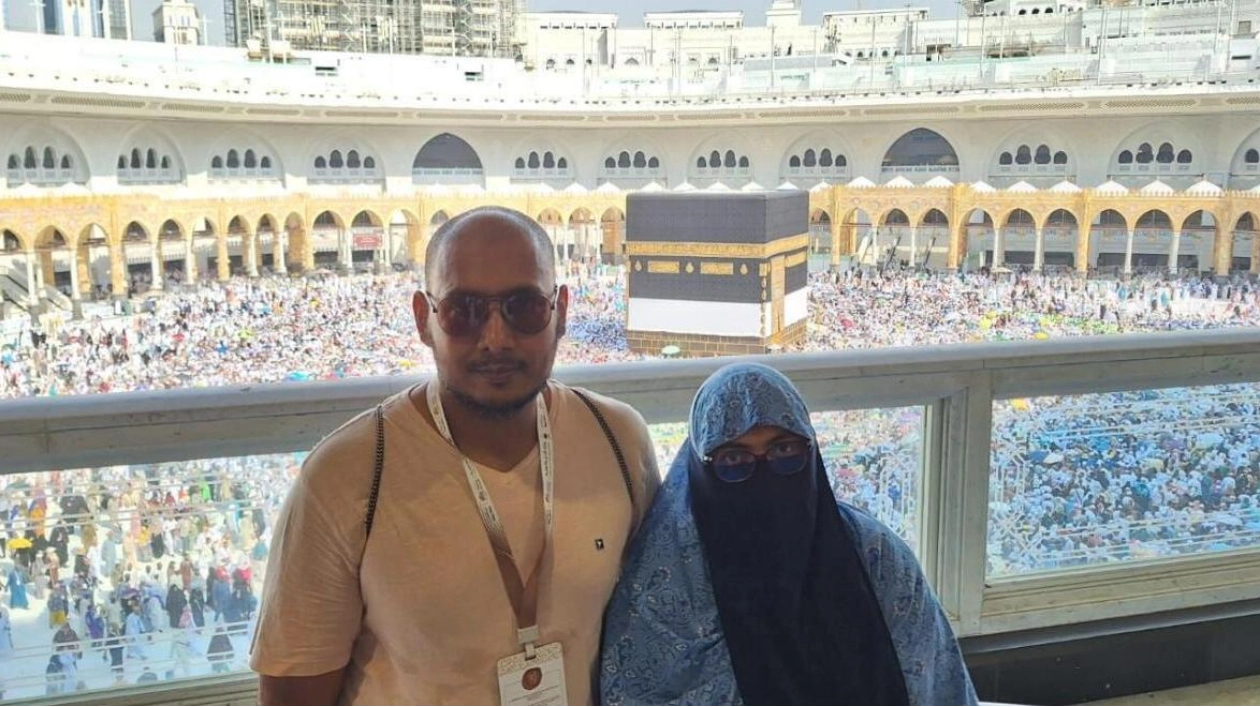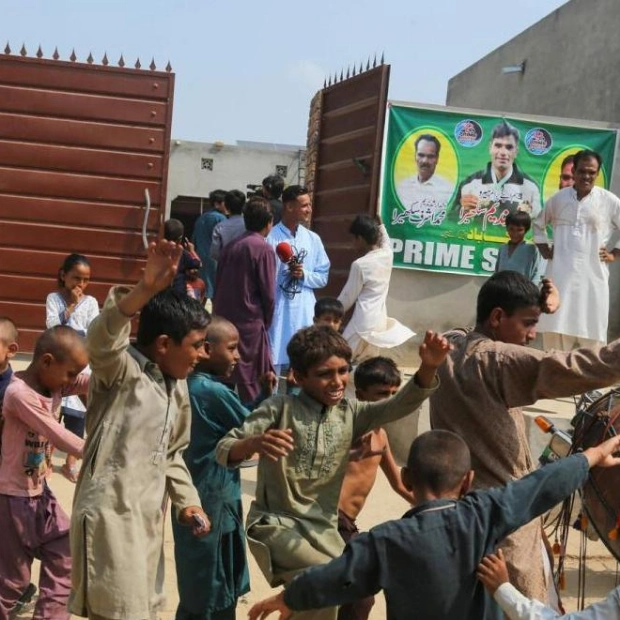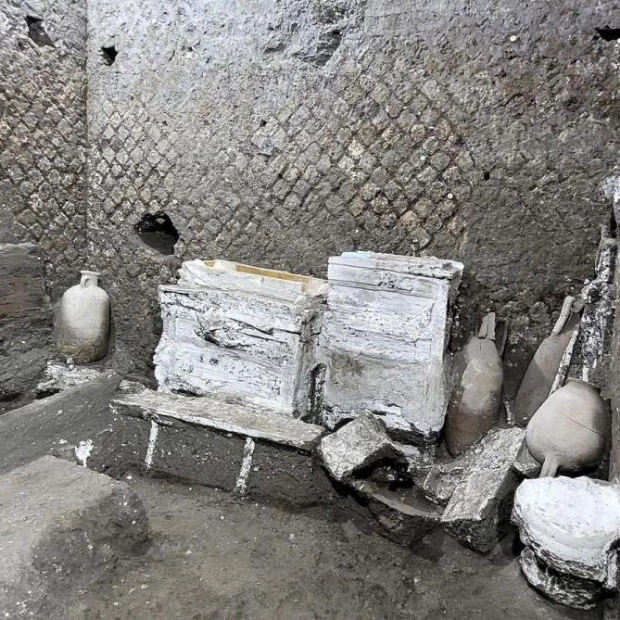UAE residents express gratitude and exhaustion after enduring the extreme heatwave in Saudi Arabia to fulfill the pilgrimage of a lifetime. The intense heatwave, which peaked at 51.8ºC in Makkah, led to numerous fatalities. Dr. Syed Ahamed, from Royal Medical Centre in Abu Dhabi, recounted treating seven individuals who collapsed while awaiting a train from Mount Arafat to Muzdalifa. Speaking to Khaleej Times from Makkah, he described the scene: 'People were dehydrated, fatigued, and struggling to cope with the heat. I witnessed many others assisting even more people around me.' His wife, Fathima Zohara Dawood, also observed numerous fainting incidents. 'The journey from Mount Arafat to Muzdalifa was particularly arduous. We had to wait on a packed platform for over three hours due to the crowd,' she said.
The Haj rituals commenced on Dhul Hijjah 8, with pilgrims entering the city of Mina. The next day, they moved to Mount Arafat for a day of worship, then to Muzdalifah by dusk. The following day, they returned to Mina for the 'Rami Al Jamarat,' or the ritual stoning. This year, the stoning ritual was suspended between 11am and 4pm due to the heatwave. Despite the hardships, Dubai resident Ayda Abubakar Ali felt a strong communal spirit. 'Locals enthusiastically cheered us on, spraying water and offering cold drinks,' she shared. 'It was deeply moving to see the commitment of Haj employees and local volunteers.'
Fathima noted that the stoning ritual was exceptionally crowded due to time constraints, making it one of the most challenging parts of the Haj. 'Many women from our group opted not to participate due to the crowd and exhaustion,' she explained. Ayda concurred, describing the Jamarat rites as 'extremely challenging with temperatures soaring and 1.8 million people all striving to perform the same ritual simultaneously.' She observed numerous ambulances and exhausted individuals on the sidewalks, particularly difficult for the elderly and disabled.
Another pilgrim, Madiha Aslam Habib, found the Haj experience beautiful yet arduous, especially the Jamarat rites. 'The lack of shade and water scarcity caused several pilgrims to faint,' she said. Transportation issues also posed significant challenges, with limited access to taxis or buses for the pilgrims. Dr. Syed suggested better crowd management, noting that unnecessary additional walking distances in the heat were challenging and sometimes fatal. Madiha advocated for dedicated teams to manage heat-related issues, ensuring hydration and guidance for pilgrims.
Although volunteers distributed drinks and food packets, many reported sporadic distribution. Fathima recounted her ordeal after the rituals on Dhul Hijjah 10, when she struggled to find water in the closed shops of Aziziah. 'I was so exhausted that I fainted for a while until my husband found water, which revived me,' she said. However, she noted her body remained weak post-incident.






